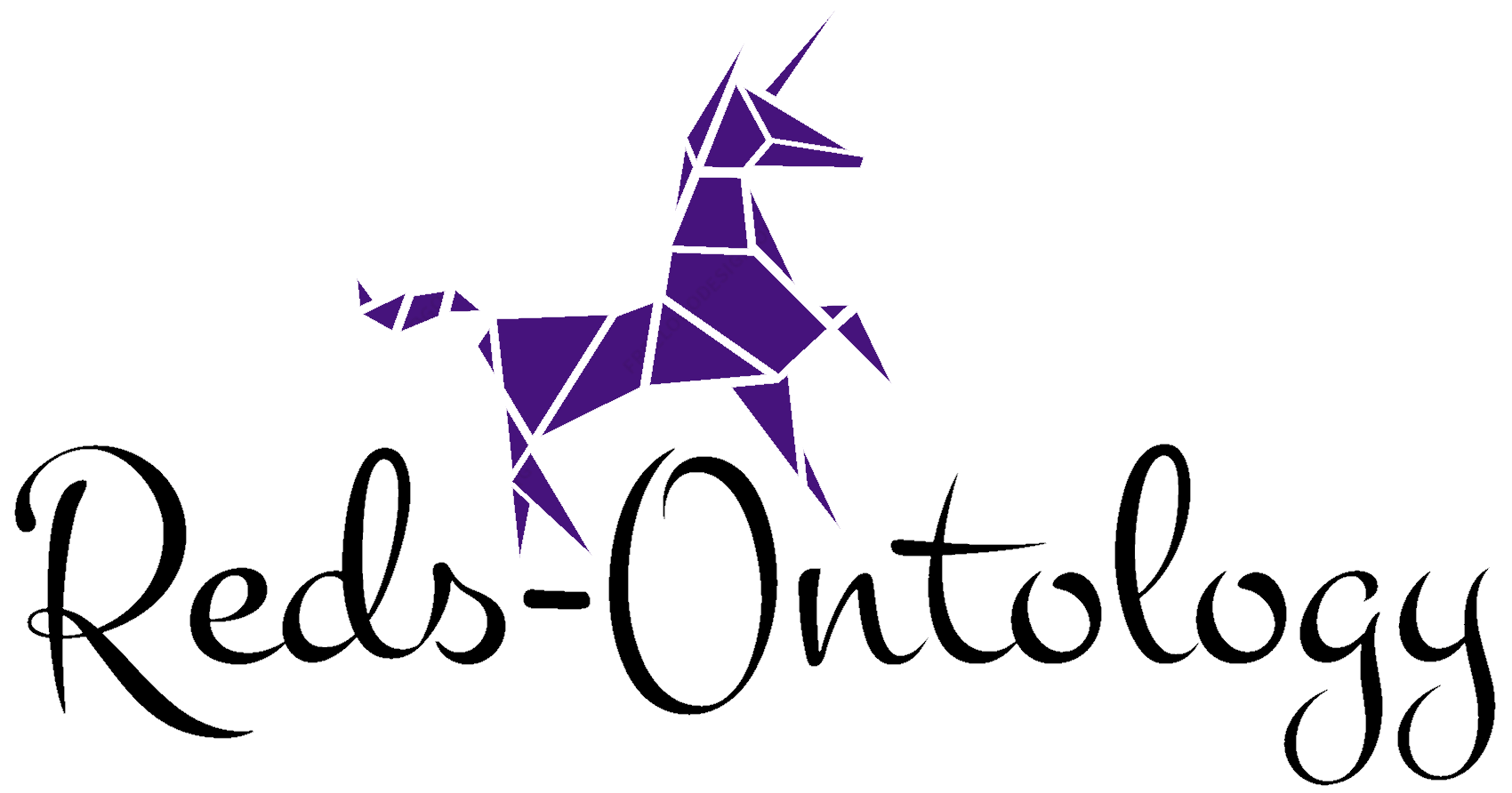Introduction
Educational paradigms prioritizing rote memorization and standardized testing are being challenged by school enrichment programs, which provide students with broader skills, deeper understanding, and more nuanced worldviews. Effective early education, provided by places like preschools Northeast Florida, often incorporates such enrichment opportunities, setting the stage for continual academic curiosity and achievement.
Modern education goes beyond traditional reading, writing, and arithmetic. It includes enrichment programs catering to students’ strengths, passions, and learning styles. These programs supplement mandatory curriculums, broaden horizons, and promote a holistic academic experience.
The Cognitive Advantages of Enrichment Programs
Enrichment programs improve students’ cognitive functions by encouraging inquiry and exploration. Hands-on experiences like scientific experiments and mathematical modeling in book clubs stimulate intellectual growth. Participating in chess clubs can enhance foresight and strategic planning. Creative arts, such as visual arts, music, and drama, contribute to innovative thinking and higher GPAs, standardized test scores, and lower dropout rates, highlighting creativity’s significant role in cognitive development.
Socio-Emotional Benefits of Participating in Extracurriculars
Enrichment programs foster students’ socio-emotional development through sports, music, and debate teams. These programs teach essential life skills like communication, empathy, and emotional regulation, which are crucial for their well-being and relationships. Collaborative efforts in enrichment activities cultivate leadership skills essential in the workplace, family dynamics, and community engagements. Students also learn to embrace failure, develop resilience, and persevere through challenges, essential for personal and professional success just as much as academic prowess.
Enrichment Programs and Academic Performance
Enrichment programs have been proven to enhance students’ academic development. Studies show that students participating in arts and music enrichment activities consistently achieve higher math and reading scores. These programs also help students connect their diverse interests with academic learning, making it more relevant and appealing. Additionally, extracurricular participation contributes to more engaged school attendance and decreased delinquency, highlighting the connection between educational engagement and attendance behaviors.
Addressing Diverse Learning Needs Through Enrichment
Enrichment programs cater to diverse learning preferences and styles, offering a range of options to cater to different learning styles. Tailored enrichment initiatives help academically gifted students reach their full potential, while hands-on, experiential learning helps students struggling with traditional methods discover new ways of learning. These programs play a crucial role in inclusive education, recognizing and supporting every child’s learning needs and preferences, ensuring that every student’s learning needs and preferences are recognized and supported.
Community Engagement and Real-world Learning
The proverb “it takes a village to raise a child” applies to educational enrichment. Programs with community service elements, like habitat restoration or local food drives, extend learning beyond the classroom, deepen students’ understanding, and instill social responsibility and civic awareness. This intertwining of academia and community affairs enriches the educational process by providing real-world relevance and moral power. Service-learning projects also foster empathy and social commitment, inspiring a generation of informed, compassionate individuals to contribute to society positively.
How Enrichment Programs Encourage Lifelong Learning
Enrichment programs in education aim to instill a lifelong learning disposition in students. These programs foster curiosity and a lifelong learning mindset, promoting personal development and professional adaptability in a rapidly changing world. The diverse subjects offered through enrichment programs can awaken a passion for learning that persists into adulthood. Children who find knowledge enjoyable and connected to their interests maintain an educational hunger, fostering a well-lived and fulfilling life.

